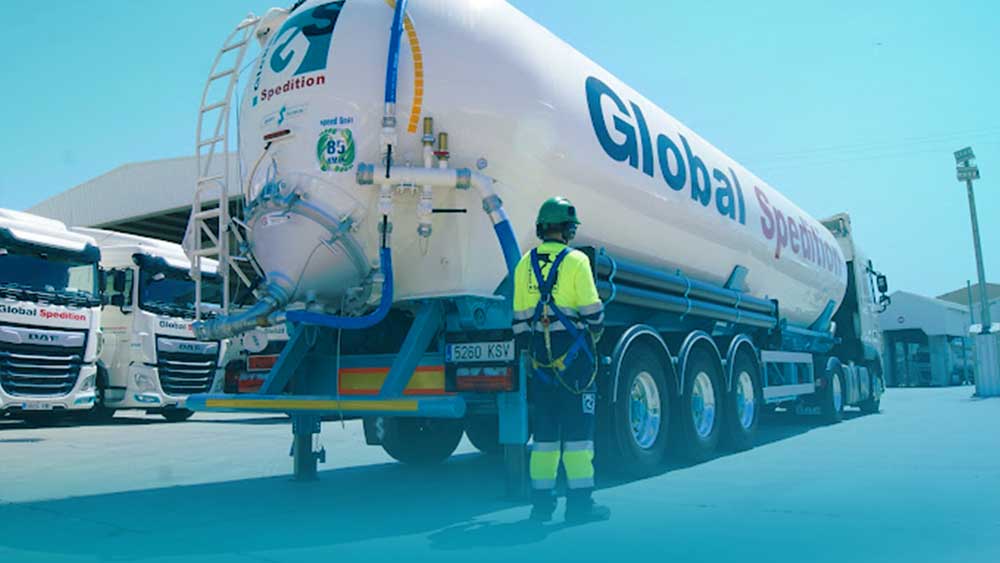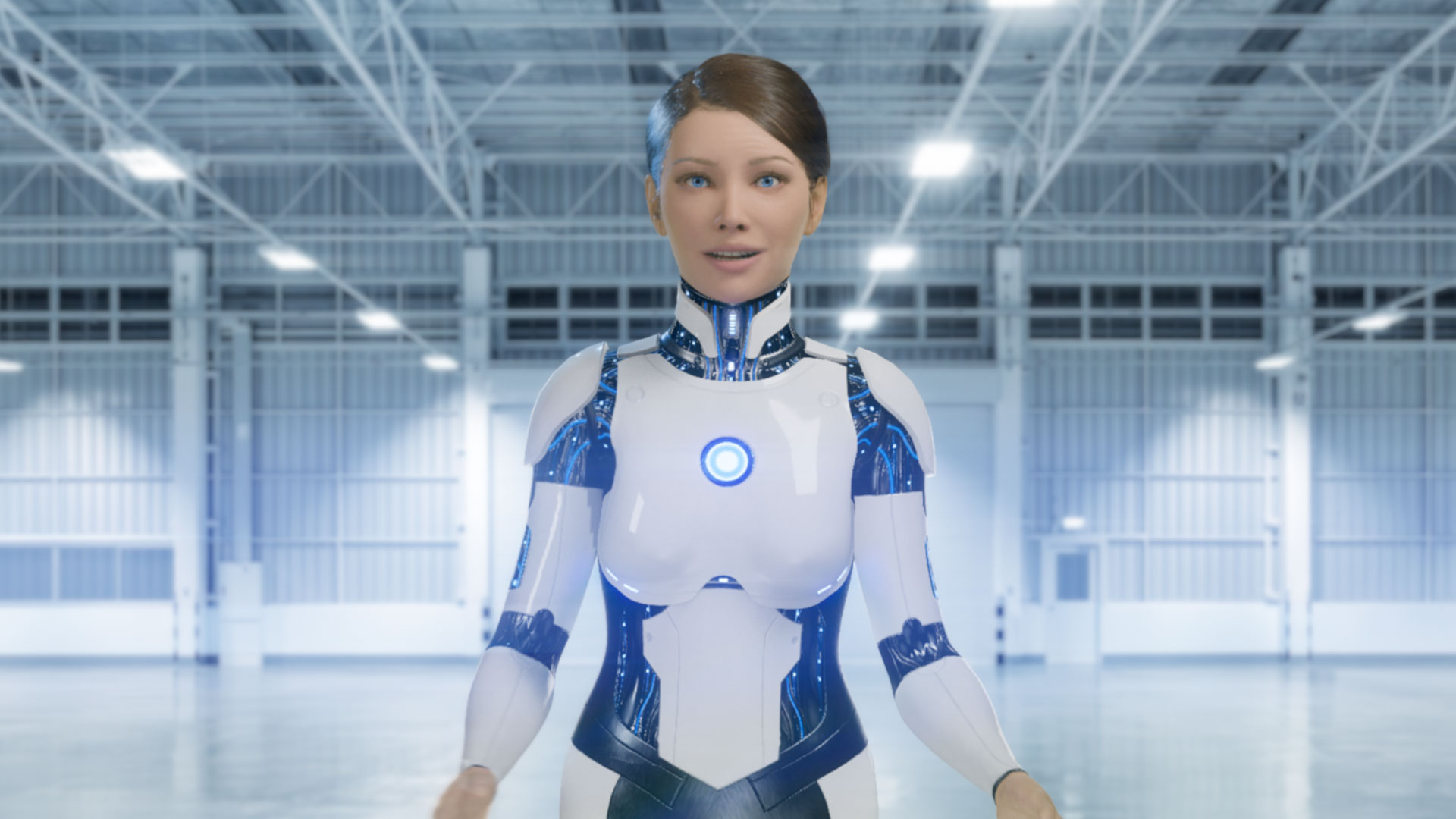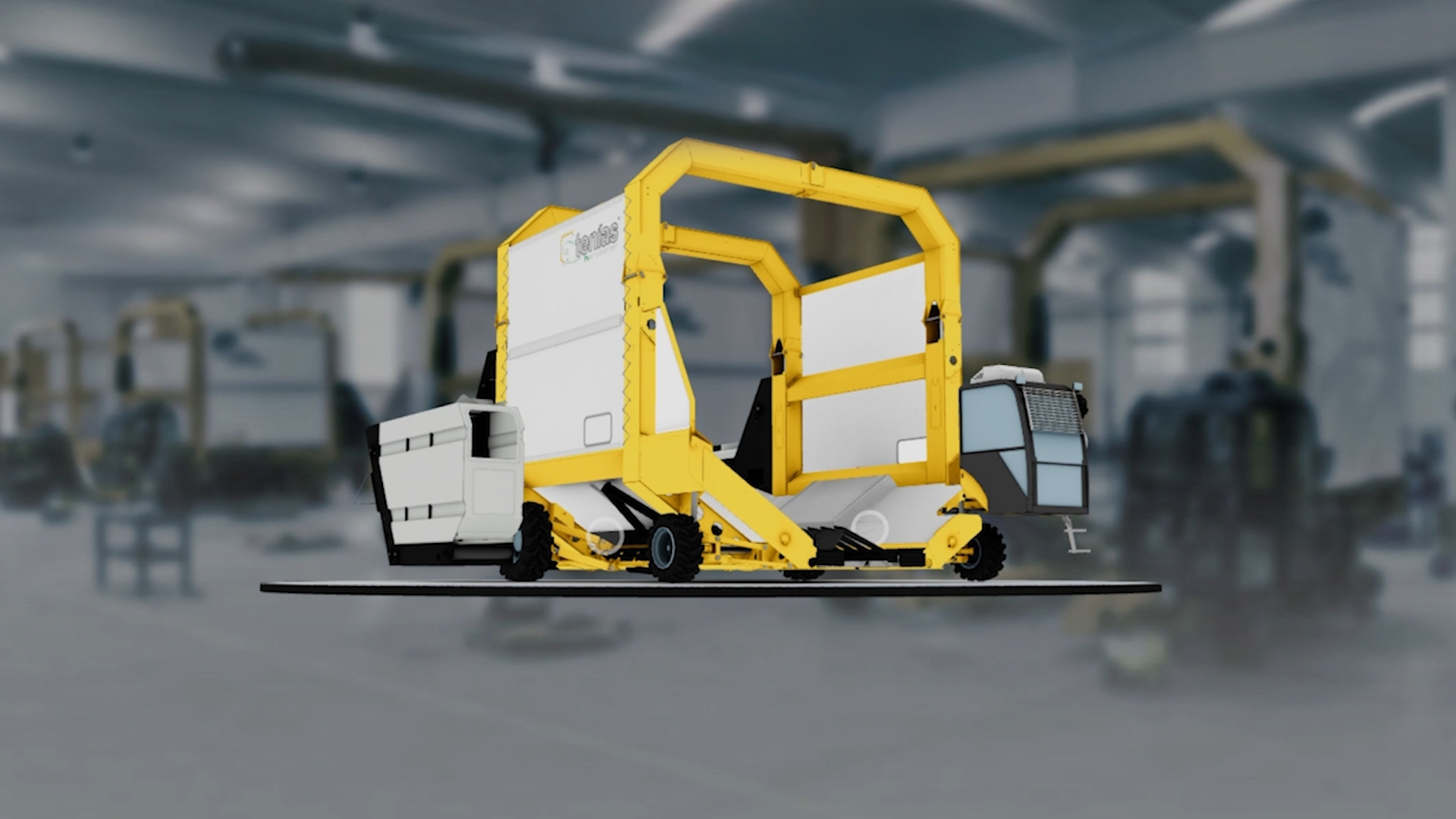Education 4.0: learning the technological future
Welcome to the era of Education 4.0, professional education and training in Industry 4.0. technology and innovation transform learning into an immersive, interactive and personalized experience.
We are living in an era of major changes in the industrial sector. The inclusion of robots and Artificial Intelligence, IoT systems, automation of certain processes, has led us to be in a continuous process of adaptation and learning.
In this context, throughout this article we want to delve deeper into the training model proposed by the new technologies applied to industry. From simulations and virtual training to personalized assistants for each employee, leveraging the latest innovations in generative AI.
Ready to explore how technology is redefining professional training?
4.0. concept in education
This educational model combines innovation, technology and personalization to prepare professionals for a hyper-connected and constantly changing industrial and business world. Industry 4.0 in education seeks to align teaching-learning processes. with market demands, the latest technologies and new security protocols.
The objective of Education 4.0. in the industrial field is to that workers can develop their capabilities more effectively and efficiently. Reducing training times, achieving better learning results and, above all, improving the confidence and capabilities of each of them. Inciding in a personalized way in each training process.
An example of this can be found in the Virtual Trainings, virtualized trainings adaptable to all types of industrial sectors, where all types of processes and situations are recreated in Virtual Reality. From the process of elaboration of a new drug in the pharmaceutical industry as in the case of Boehringer Ingelheim Vaccines or VR training in occupational risk prevention developed by Global Spedition
Outstanding characteristics of education 4.0.
Professional education and training 4.0 seeks to improving the development of workers' skills in the industrial environment through the use of emerging technologies and innovative methodologies. Below, we will discover the main features that make this approach an essential pillar for the growth and adaptation of professionals in the digital era.
Active and gamified learning
The active and gamified learning in industrial training 4.0 aims to involve workers directly in the training process, using digital tools and collaborative approaches.
The gamification plays a fundamental role, transforming the training into an interactive and motivating experience. At incorporating game elements, such as challenges, rewards and levelsIn this way, workers stay engaged and motivated, improving their ability to learn and retain information more effectively.
An example of this can be found in the Virtual Training developed by CEVA in which a farm is recreated in Virtual Reality with different gamified challenges, explanatory videos and quizzes to advance in the retention of knowledge about the benefits of its latest Velactis product.
Increased creativity
Creativity is key in industrial 4.0 training, as workers must be able to adapt to a dynamic environment and find innovative solutions to complex problems. With the use of technologies such as Virtual Reality, Artificial Intelligence and the virtual twinsIn addition, employees can participate in 100% training activities adapted to the development of their skills, both technical and soft skills.
This methodology not only improves comprehension, but also stimulates creativity by allowing them to interact with content related to their work areasuch as engineering, resource management or technical troubleshooting.
Continuous feedback
One of the cornerstones of professional training 4.0 is the continuous feedback. Artificial Intelligence and IoT sensors enable the collection and analysis of data on the performance of each worker during training. Thanks to this data collection, themployees receive immediate feedback on their progress, which allows them to constantly improve.
This instant feedback approach improves knowledge retention with the support of technology to advance your professional development, such as interactive infographics of machinery and processes, which allow you to to have a large-scale view of the different aspects and processes to be taken into account. An example of this can be found in the virtualization of agricultural machinery from Tenías Group, that helps to get to know each of its components more closely.
Personalized attention
One of the strengths of 4.0 training is personalized attention and adjusting to the learning pace of each worker. Thanks to access to information in the cloud and the use of intelligent agents, Each worker has his own assistant who accompanies him in all his tasks. Offering advice, information and statistical data that enrich the work of workers.
A case of success can be found in Iveco. Through IRIA, your virtual avatarThe automotive manufacturing company brings together in one place all training, catalogs and frequently asked questions. To support its employees internally as well as its dealers, customers and drivers externally.
If you want to learn more about the use of AI in this sector, visit our article Applications of artificial intelligence in industry..
Virtual Training as an application in education 4.0.
The Virtual Training has established itself as one of the most prominent applications in Education 4.0.transforming traditional learning into an immersive, hands-on experience. Thanks to virtual simulations and 3D environments, students and professionals can interact with processes and tools safely and without the risks associated with learning in real environments.
This methodology not only improves the understanding of complex concepts, but it also allows practicing skills in controlled scenarioswhich reinforces users' confidence and competence. In addition, by incorporating gamification elements, such as challenges and missions, Virtual Training motivates students to actively participate, making learning more dynamic and engaging.
Virtual Training applications extend to multiple sectors, from industry to health. For example, we find the case of virtual training for veterinarians developed by Boehringer Ingelheim and USDA Agricultural Research Service. A 3D simulation of the poultry industry's farms in which all the safety and sanitary protocols to be followed by veterinary professionals are recreated..
Examples of the use of education 4.0. at Imascono
Imascono is positioned as a benchmark in the implementation of Education 4.0 by combining creativity, technology and interactive learning in industrial environments. These projects apply immersive technologies to transform professional training into unforgettable experiences for workers.
Throughout this article, we have seen some of the most relevant examples, highlighting the training courses developed by Boehringer Ingelheimone of the world's leading pharmaceutical companies, or the innovative projects carried out by Iveco y Global Spedition.
After more than thirteen years working for major national and international industrial companies, our team of engineers is capable of develop any type of Virtual Reality training, adapting to the specific learning needs of each company.. Contact with us and find out how we can help you bring your training VR simulations to life.




